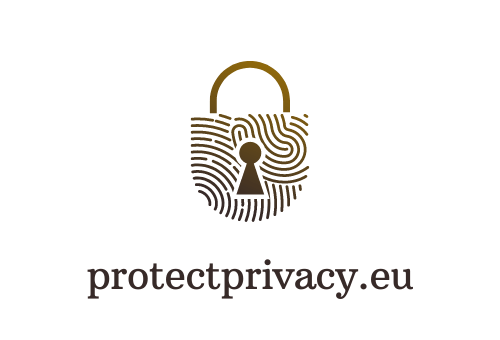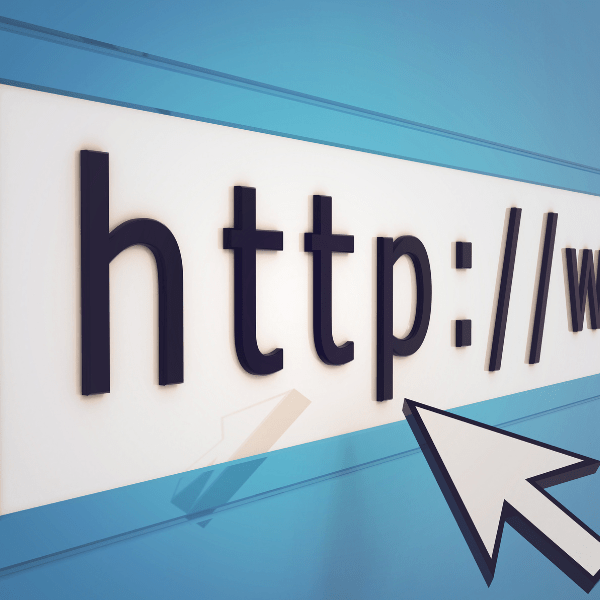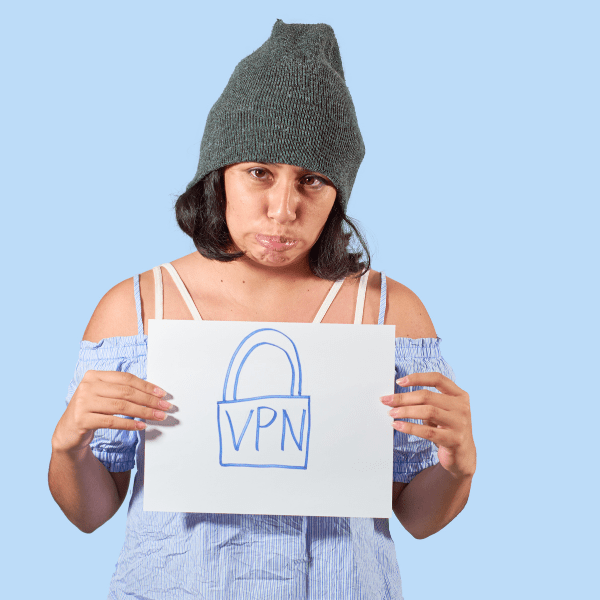Privacy in the Age of Social Media: A Comprehensive Analysis

In the age of social media, privacy has become a major concern for individuals across the globe. With the rise of platforms like Facebook, Twitter, and Instagram, the way social media platforms handle user data has become a subject of intense scrutiny. This article explores how social media platforms manage user data and what individuals can do to protect their information.
How Social Media Platforms Handle User Data
Information Sharing and Privacy Settings
Social media sites are designed to encourage the sharing of information. A study by Pew Research Center shows that teens are more likely to share personal information on social media profiles, including their real name, photo, interests, birth date, school name, and even cell phone numbers. This act of sharing personal information has become more common over the years.

Social Media Mining
Social media mining is the process of representing, analyzing, and extracting actionable patterns from social media data. Companies use tools like Twitter’s Streaming API to pull tweets according to certain keywords, analyze them, and draw conclusions about user populations. This information is then used for targeted marketing campaigns.
Legal and Ethical Implications
Social media mining has profound legal and ethical implications, especially concerning privacy. Regulation of the use of social media data is vital to protect freedom of expression among users. Platforms have policies in place that regulate what information third-party companies can access and how they may use that information.
Concerns and Lack of Control
A majority of Americans believe that their online and offline activities are being tracked by companies and the government. About 81% of the public say that the potential risks they face because of data collection by companies outweigh the benefits, and 66% say the same about government data collection. Most Americans also feel they have little or no control over how these entities use their personal information.

What Individuals Can Do to Protect Their Information
Read Privacy Policies
Though it may seem tedious, reading a company’s privacy policy before agreeing to it is essential. Understanding what data is being collected and how it’s used can help individuals make informed decisions.
Adjust Privacy Settings
Most social media platforms allow users to control who can see their information. Adjusting privacy settings to limit who can view personal data is a simple yet effective way to enhance privacy.
Be Mindful of What You Share
Being cautious about what information you share on social media is crucial. Think twice before posting sensitive information like your phone number or address.
Conclusion
Privacy in the age of social media is a complex issue that requires both awareness and action. While social media platforms have mechanisms for collecting and utilizing user data, individuals must take responsibility for protecting their information. By understanding how data is used and taking proactive steps to safeguard personal information, users can enjoy the benefits of social media without compromising their privacy.








